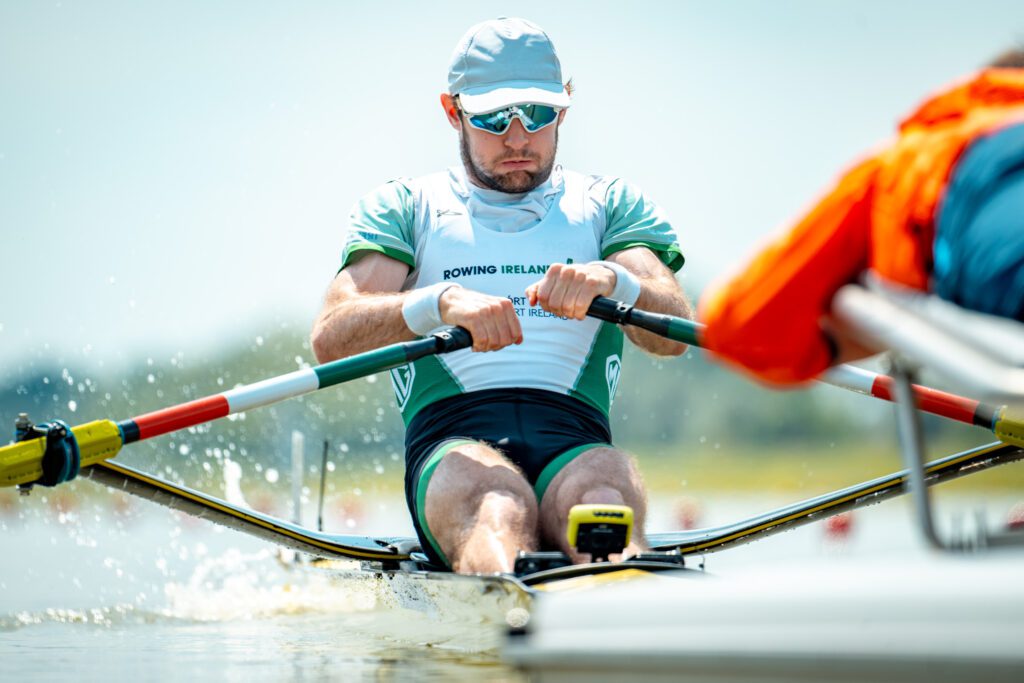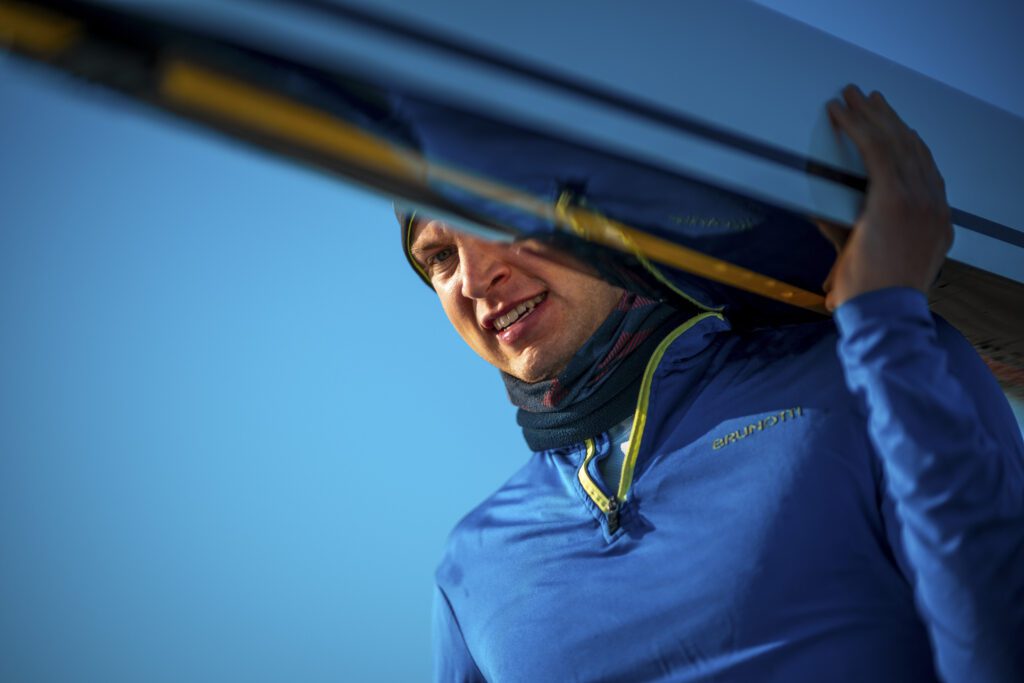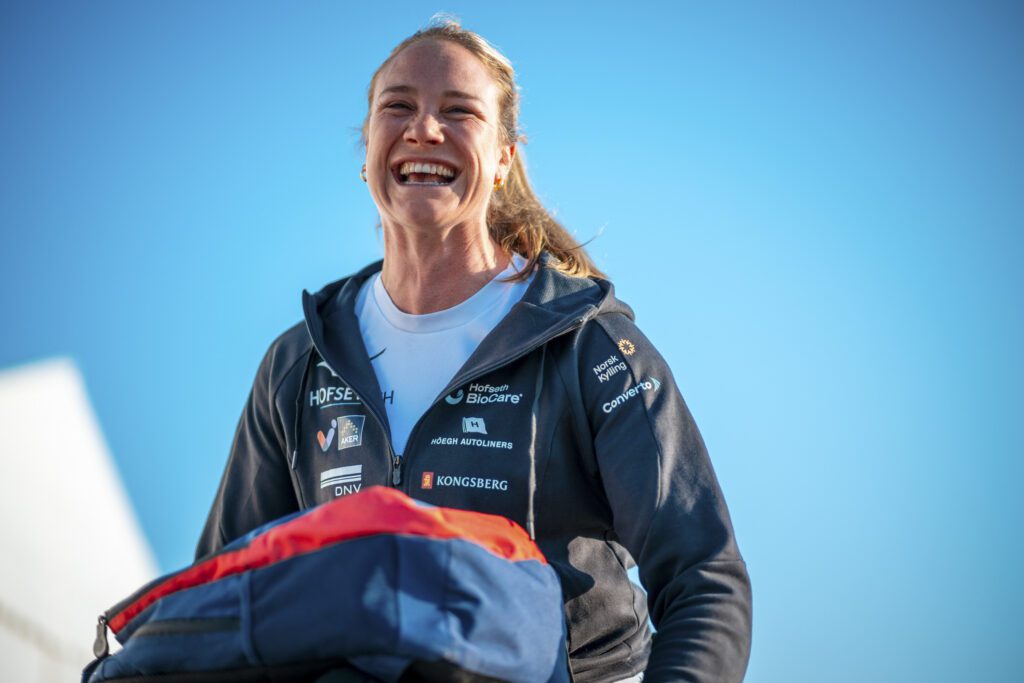Rowing is not for the faint-hearted. The level of dedication, hard work, and sacrifice required to excel is immense. Successful rowers often commit to long hours of training, both on and off the water. Dr David Schary reveals how a clear sense of purpose and the ability to make good decisions can supercharge performances.
The Key to Success
The role of purpose in rowing cannot be overstated. Without a clear sense of purpose, rowers will likely lose their focus and motivation, and may struggle to maintain commitment over the long term. Purpose augments the drive and determination necessary to keep going through tough winter workouts and overcome pain and adversity.
Your purpose is personal. It cannot come from your coach, parent, teacher, teammate, or friend. Nobody else besides yourself can give you a purpose that will pull you through difficult times. This is important because from erg tests to early morning practices, a degree of challenge or difficulty is inherent in the life of a rower.
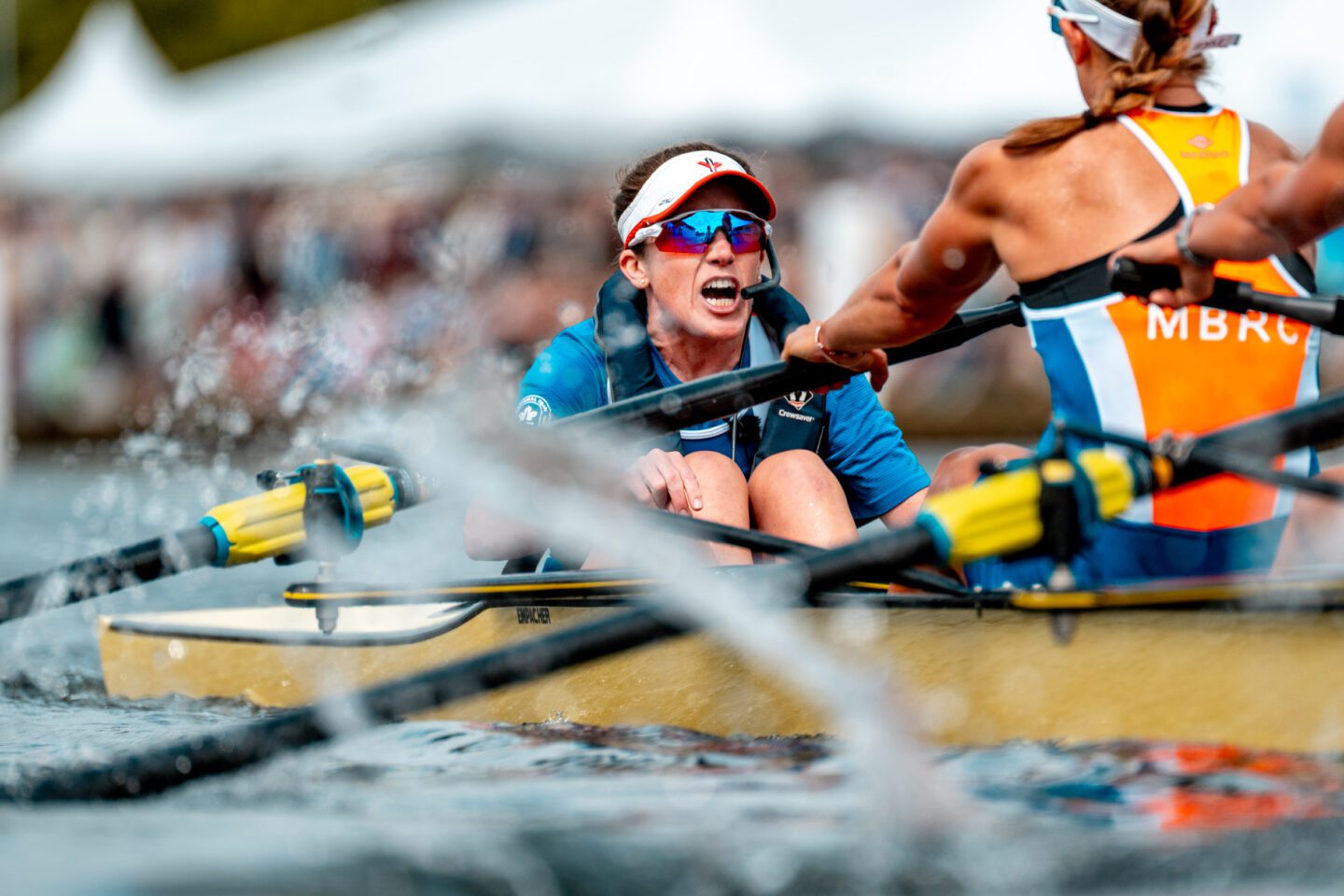
For many, their sense of purpose comes from a desire to achieve a specific goal or set of goals. This might include winning a particular race or championship, setting a new personal best time, or simply improving their technique or fitness level. Whatever your goal, it is the sense of purpose that will drive you to keep pushing yourself regardless of the conditions or circumstances.
In addition to providing the drive and motivation, purpose also helps rowers stay focused on the task at hand. With a clear sense of what you are trying to achieve, you are less likely to get distracted or lose focus. This allows you to maintain concentration over long periods of time like a two-hour practice or conditioning session. This is especially important in a race, where even a momentary lapse in concentration can result in a loss of speed or momentum.
If you do not know your purpose, or are struggling to identify it, here are some questions that should help jump start your thinking:
- What made you start rowing? What attracted you to it? Why do you love it?
- How does rowing challenge you? What are the goals that you set for yourself? What are the skills that you want to improve?
- How can you make an impact? How do you want to contribute to your team, community, or rowing in general?
- What legacy do you want to leave behind when you finish? How do you want to be remembered by others?
Once you have your purpose, write it down and revisit it often. Put it in a place where you will see it every day like your bag or locker. Your purpose serves as a vital reminder of why you endure the more gruelling aspects of the sport.
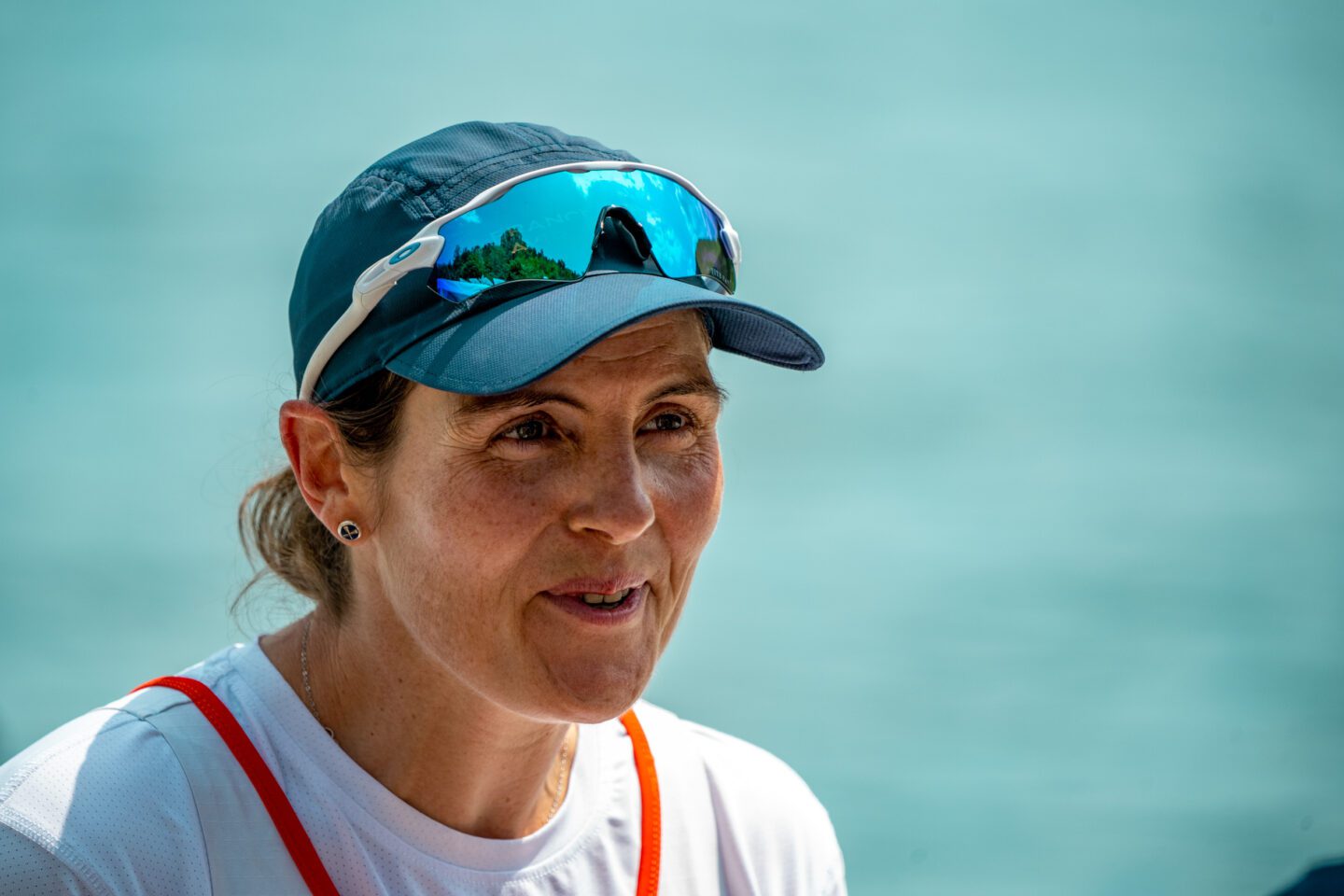
The Price of Success
Along with purpose, sacrifice is also an essential ingredient in the performance of a rower. But what does it mean to sacrifice? The definition of sacrifice is to give up something valuable or important for the sake of something else that is more valuable or important. In other words, you only have so much time and energy, so you need to invest them in ways that will make you better.
And rowing demands a great deal of time, energy, and dedication. You must be willing to make sacrifices to achieve your goals. You need to sacrifice the things that are holding you back from reaching your full potential. This might mean sacrificing time with friends and family, scaling back time on other hobbies or interests, or even (at the elite level) putting a career on hold to focus on training.
Whether you admit it or not, you are already sacrificing. Since you do not have unlimited amount of time and energy, every decision you make is a sacrifice. Doing one thing means sacrificing another. If you want to get better, you need to make sure you are making the right sacrifices.

As a rower there are several areas that may require sacrifices if you want to reach your potential. One of the most significant is diet. Rowers should maintain a diet that ensures they have the energy and nutrients necessary to perform at their best. This may mean adjusting what you eat to ensure you are getting the right balance of nutrients for your body. There is no best diet, it will vary by person and circumstance but the important thing to remember is what you eat matters to your performance and recovery.
Another sacrifice rowers may have to make regards their social life. Again, depending on your situation, it may be necessary to sacrifice some of the social activities enjoyed by others, like late nights out with friends. This can be difficult, especially for those who feel like they are missing out on important social experiences. A boat club, however, does provide its own social life built on a mutual sense of purpose and sacrifice.
Perhaps the most significant sacrifice is time. Rowing requires a tremendous amount of time and dedication, and you must be willing to put in the hours. This may mean waking up early in the morning to train before work or school or spending time each week in the gym to improve fitness.
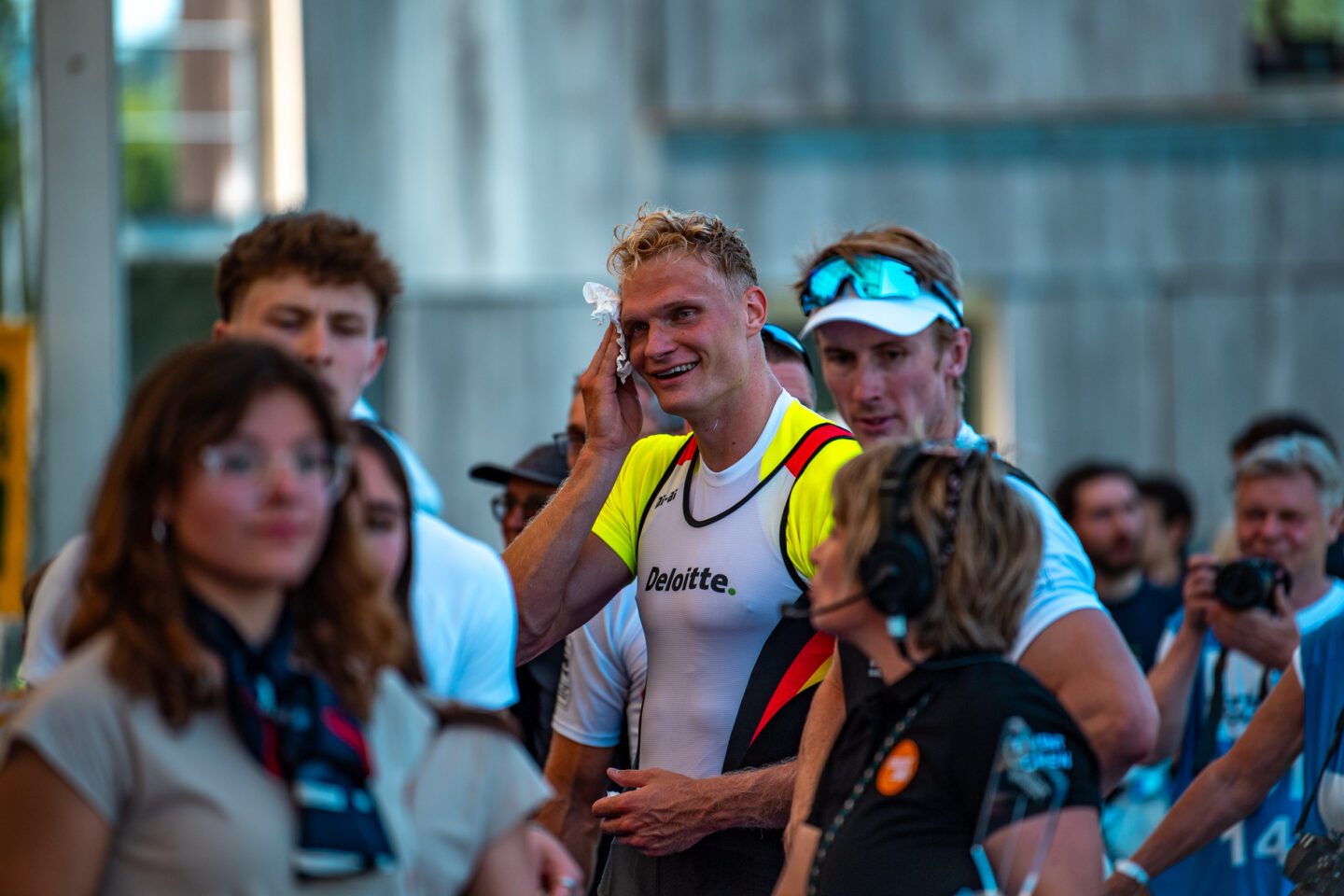
Despite these examples, sacrifices, like purpose, are personal. Here are two strategies you can use to find areas of your life that you might need to sacrifice:
Prioritization
Evaluate your daily routine and prioritize the tasks based on your goals. Consider what tasks are necessary to achieve your goals and what tasks take up their time and energy without contributing to your long-term success. By identifying and eliminating non-essential tasks, you can free up time and resources to focus on your purpose.
Reflection
You can also reflect on your values and personal beliefs to identify areas where you can make sacrifices that align with your purpose. By identifying your values, you can gain a deeper understanding of yourself and your purpose and identify areas where you may need to make sacrifices to stay true to your values and beliefs.
Remember, sacrifice is not a punishment. It is a privilege. It is an opportunity to grow and improve. It is a sign of commitment and dedication, proof of the love and passion you have for this sport.

Pulling It Together
Sacrifice and purpose are intimately connected because purpose often requires sacrifices to be made. When you have a clear sense of what you want to achieve in life, you must make choices about how you spend your time, energy, and resources. These choices may involve giving up things that you enjoy or that are comfortable in the short-term, but that do not contribute to your long-term goals. Sacrifices may also involve taking risks, facing your fears, and pushing beyond your limits to achieve your purpose. Without a sense of purpose, sacrifices can feel pointless or even painful, but with a clear understanding of what you are working towards, they can become a meaningful part of the journey.
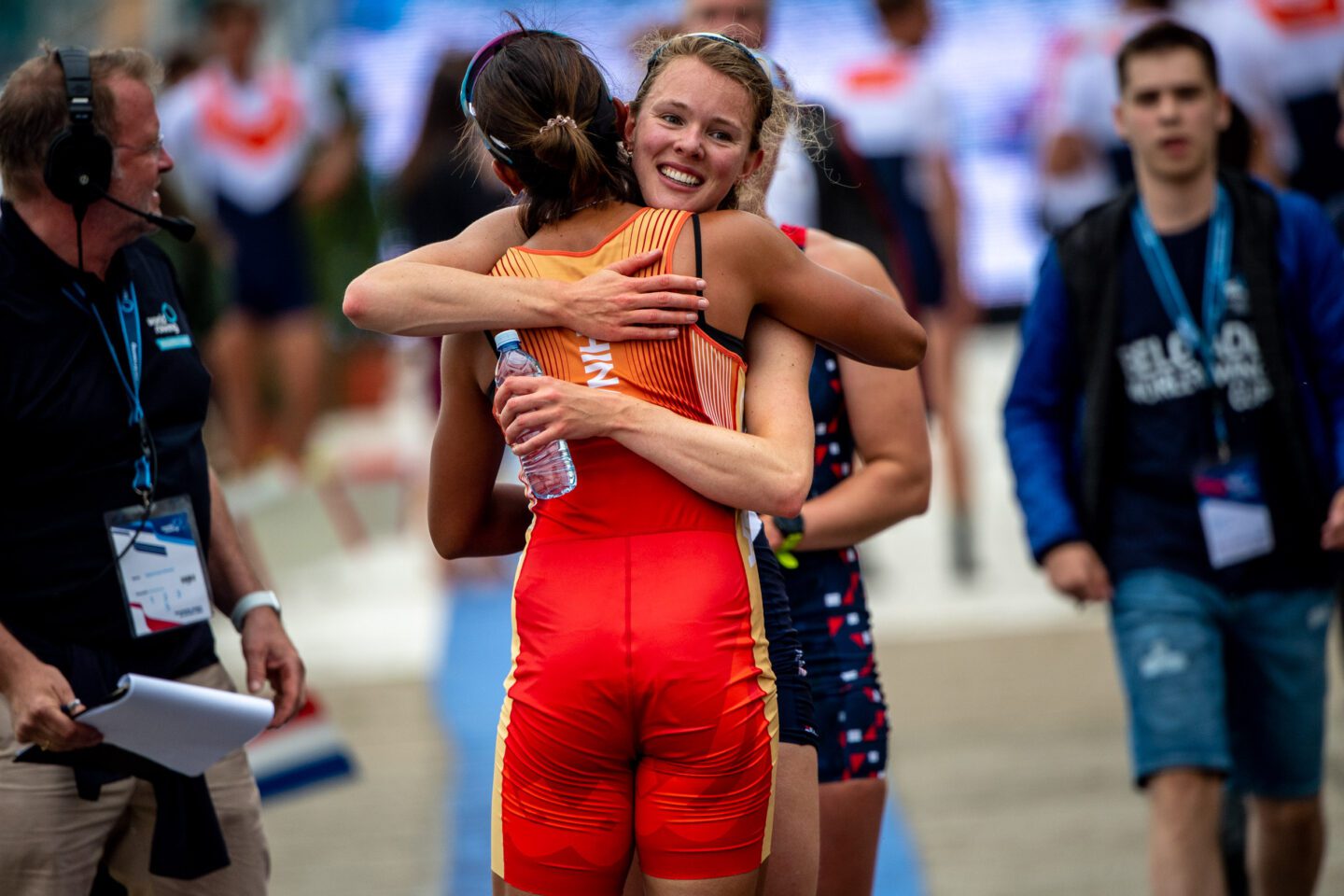
In conclusion, rowing is a sport that requires immense dedication, hard work, and sacrifice. The key to success in this sport is having a clear sense of purpose and being willing to make the necessary sacrifices to achieve your goals. Purpose provides the drive and motivation to keep going, while sacrifice ensures that you invest your time and energy in ways that make you better.
Rowing’s reward is a sense of accomplishment, personal growth, and camaraderie that is rarely, if ever, found elsewhere.
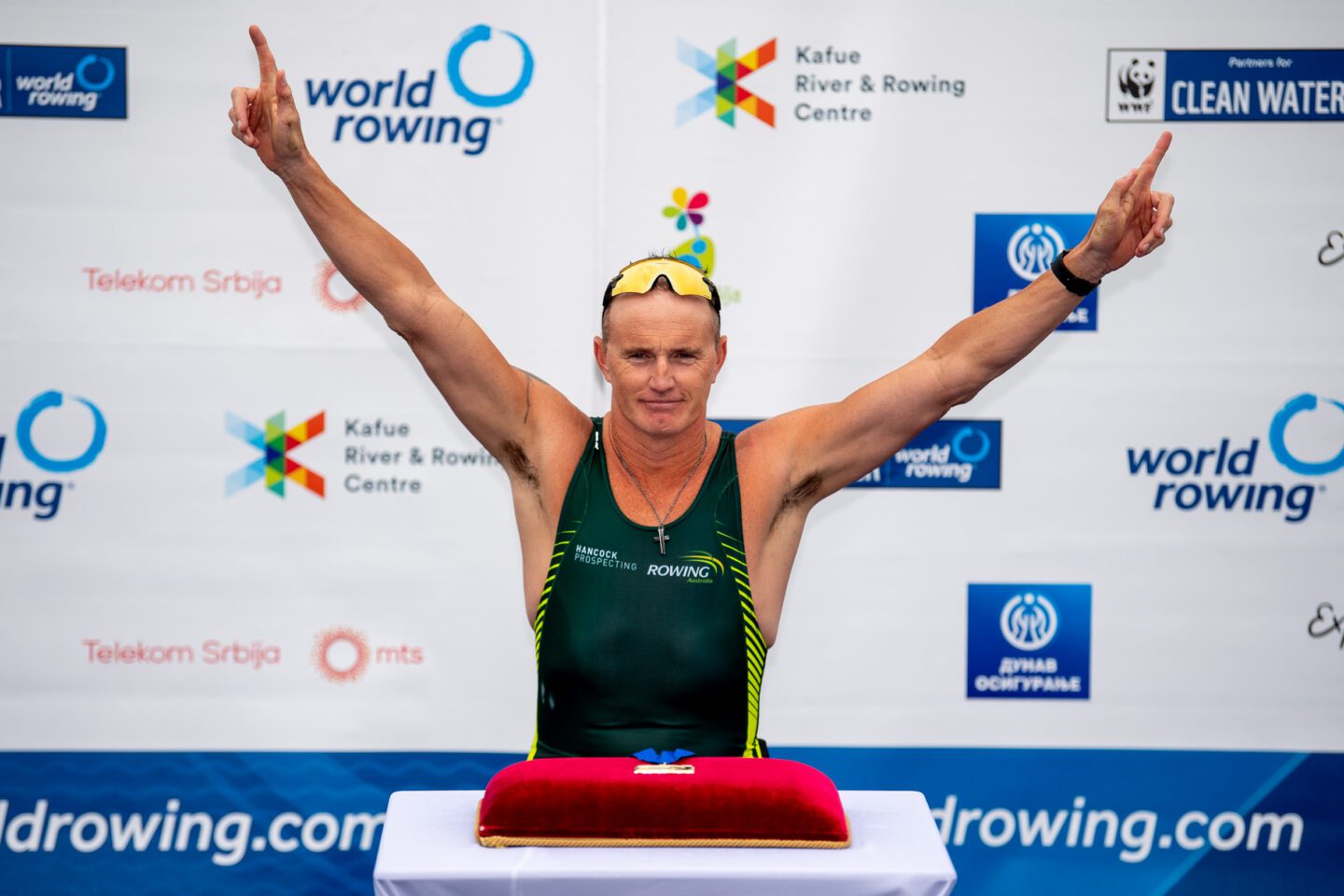
This article first appeared in Issue 48


